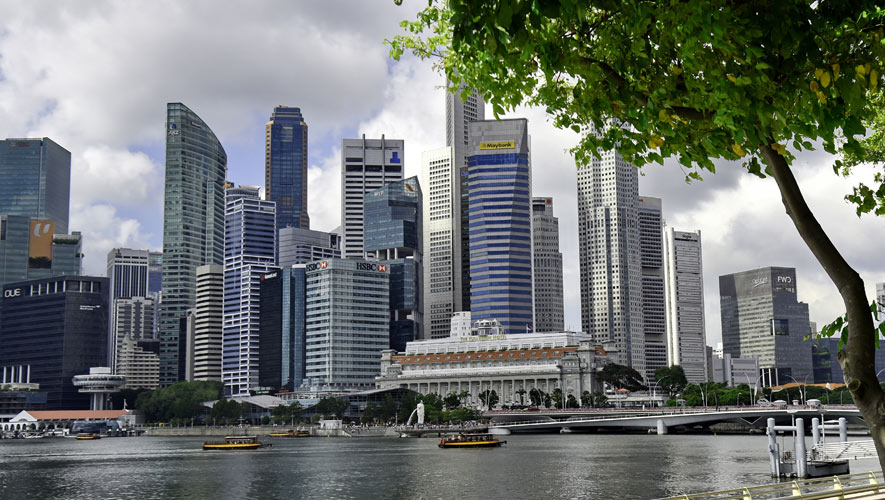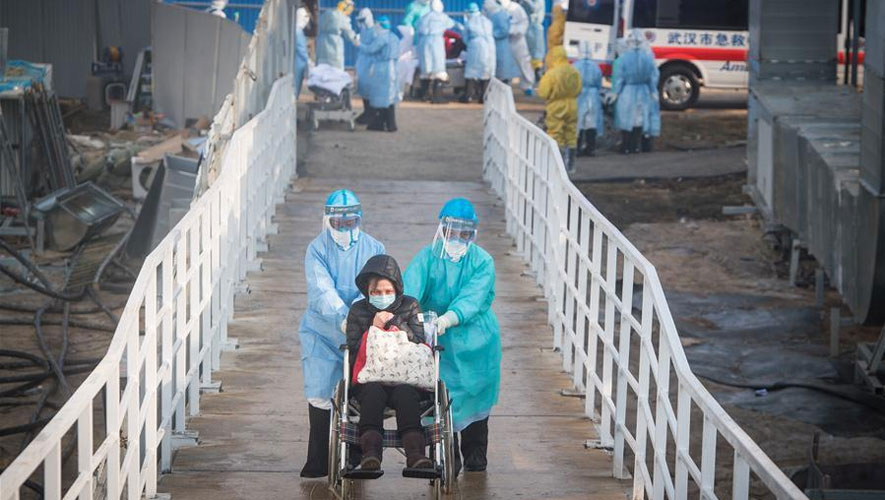As Singapore continues to serve as the model for IR development, it has also become one of the current models to address the promotion of responsible gaming measures and casino exclusion policies for its two integrated resorts.
For the latest Cambodian Business news, visit Khmer Times Business
At the time of inception, these cutting-edge initiatives allowed for a different model for individuals to be excluded from the casino, limited the floor size of the facilities, created a public entity to promote responsible gaming efforts and created partnerships with operators to work with the government in creating an environment of responsible gaming. It also introduced a casino levy for locals with the option of a daily or yearly fee.
The two operators in the market, Las Vegas Sands (Marina Bay Sands) and Genting Singapore (Resorts World Sentosa), initially had to develop internal responsible gaming education and training programmes. These initiatives have continued to evolve over the course of time as more research has become available and the market has matured. The programmes include an initial and annual training that offers employees the ability to understand the signs of problem gambling, as well as how to respond and support a guest. It also includes support in the form of high level specialists that offer a higher level of knowledge on responsible gaming measures and how best to handle a guest that may need further assistance.
Since the foundation of Singapore’s National Council on Problem Gambling, there have been continued efforts to bring awareness throughout the country. Based on information reported last year by the organisation, nine of 10 Singaporeans are aware of the potential harms of gambling addiction. Additionally, six in 10 Singaporeans are aware of the National Problem Gambling Helpline. Problem gambling numbers in Singapore remain small, with less than 1% of the population being affected.
Singapore continues to take a proactive approach in making sure that casino guests are making informed decisions. One of the pillars of the Singapore market has been the different levels of exclusions that exist between self-exclusion, family and third-party exclusion – and those identified by the government as having previous criminal activity. The process also allows foreigners and permanent residents the ability to be excluded as well.
The casino levy continues to be one of the more forward-facing issues that was implemented as a deterrent preventing locals from gambling by adding an “admission” cost for those who participate. The initial fees of SG$100 (about $72) for a daily levy or SG$2,000 for the annual levy were both raised by 50 percent last spring to SG$150 and SG$3,000 respectively.
This move by the government was designed to “keep problem gambling under control”. However, many locals have complained about the added tax that has been imposed on their gaming entertainment activity. As of the updating of the fee last year, Singapore had raised about SG$1.3 billion in revenue since 2010. The verdict is still out on whether this fee curbs problem gambling for those that may have a problem or if they instead view it as a chaser, where a player feels a need to recoup their SG$150 loss before they even start to play.
Research is the key responsible gaming initiative in any jurisdiction, as has been the case in Singapore as operators and the government continue to look at the market. Partnerships can continue to be created between the regulator, operator and community partners to better address those that do have a problem while minimising any effects it may have on those that play responsibly.
The foundation of any solid programme is evidence and science-based research that leads to solid policy and implementation within any jurisdiction. While Singapore continues to mature, so will its responsible gaming efforts because of these partnership and initiatives – all the while providing a road map for other jurisdictions around the world to follow.




